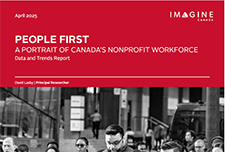Discover financial empowerment resources
Discover financial empowerment resources
The first course from the Money Matters for Self-Employment series is Thinking About Self-Employment. In this free course, you'll learn what it means to be self-employed, different ways of being self-employed and if self-employment is right for...
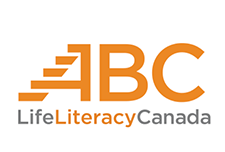
This report summarizes the first results from the Canadian Survey on Working Conditions. Explore how different kinds of workers experience core dimensions of quality of employment, including exposure to physical risks, emotional demands, work schedules and hours, time pressures, co-worker support,...

This case study explores how automatic tax filing and administration of tax benefits could greatly reduce the burden on the charitable and public sectors, and expand the number of people receiving income benefits for which they are...
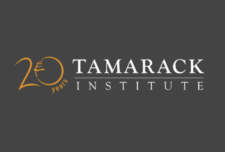
Jointly authored by Prosper Canada and AFOA Canada, this 2018 federal budget submission provides information and recommendations for the increase of benefits take-up for Indigenous...
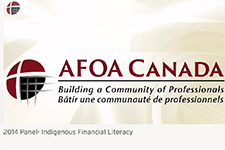
The GetYourBenefits! Project began as an attempt to convince physicians that it is important to diagnose and treat poverty. This paper describes how information on accessing benefits has been communicated to physicians, health care providers, and those who work in public...

Canada faces a decline in financial well-being. This report identifies systemic barriers to financial well-being and proposes a series of targeted institutional reforms, including the following: • Accelerate open banking • Streamline rules for inclusive innovators • Create a community...
Whether you’re on a vacation at a resort, waiting in the airport or sitting in a coffee shop, it’s often possible to connect to the Internet through a wireless network provided by the property owner. Sometimes these will be offered for a small fee and sometimes they will be free. But be...

This article shares stories from Amadeusz, an organization that works with people who are incarcerated to further their high school and post-secondary education. Learn about how experiences with the education system are deeply connected with basic needs for housing, income, and social...
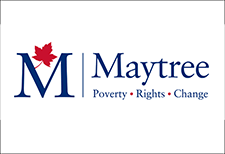
This policy brief argues that employment is not a viable path out of poverty unless policy interventions first address the barriers that prevent work and create a labour market that offers decent jobs. A successful poverty reduction strategy must also speak to the needs of those who will never work...

In recognition of November 2025 Financial Abuse Awareness month, the Canadian Center for Women's Empowerment (CCFWE) hosted Empowering Survivors Through Digital Safety: Preventing Technology-Facilitated Economic Abuse within Financial Systems. This webinar explores how survivor-informed policy,...
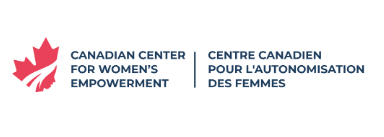
The Financial Consumer Agency of Canada (FCAC) has published research insights that reveal where Canadians are turning for various types of financial advice. FCAC’s Spotlight on Canadians’ use of financial advice showcases data from the 2024 Canadian Financial Capability Survey (the CFCS), a...

Prosper Canada's comprehensive report, Closing the Divide: Solutions for Canada's Financial Help Gap, sets out clear steps governments, financial services, and community organizations can take to ensure every Canadian – no matter who they are or where they live – can access the financial help...
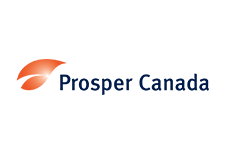
2025 figures from the Canadian Income Survey showed poverty on the rise again, erasing progress made during the pandemic and putting Canada’s 2030 targets out of reach. To reverse course, we urgently need a renewed poverty reduction strategy rooted in income security, housing support, and human...

The 2025 Report of the National Advisory Council on Poverty is progress report on 'Opportunity for All' – Canada’s First Poverty Reduction Strategy. It presents views on whom people turn to when they need support, how they access services, and if the existing benefits and programs meet their...

This OECD Economic Survey provides a comprehensive analysis of Canada's 2025 economic developments, with chapters covering key economic challenges and policy recommendations addressing these...
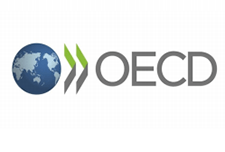
FSRA regulates the credit unions/caisses populaires sector in Ontario. Learn about how this sector is regulated through a comprehensive regulatory framework, and access portals to register a new credit union and...
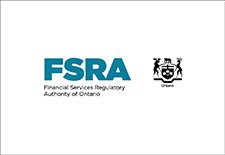
This report provides top-line data and insights on the financial resilience of Canadians living with low incomes based on the Institute’s Financial Well-Being Studies, Financial Resilience Index Model and Financial Well-Being Index Model linked to an Overall Well-Being Score. Based on data from...
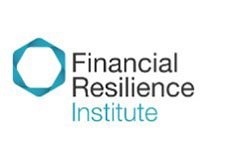
Your tax notice of assessment tells you many important things. Learn more about what’s in your notice of assessment and what to do if you need to make a change on your tax return or if you disagree with your assessment. Available in...

A video on diversification and asset mix for investing. The full transcript is also...

When you work with an investment advisor, it is important to know your rights as an investor. Available in...
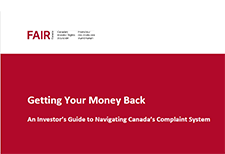
Investments generate different types of revenues, such as: Interest; Capital gains; Dividends. Certain types of investment revenues are more taxable than others. Several plans offer tax benefits that you can take advantage of. Thus, when you invest in these plans, the type of...
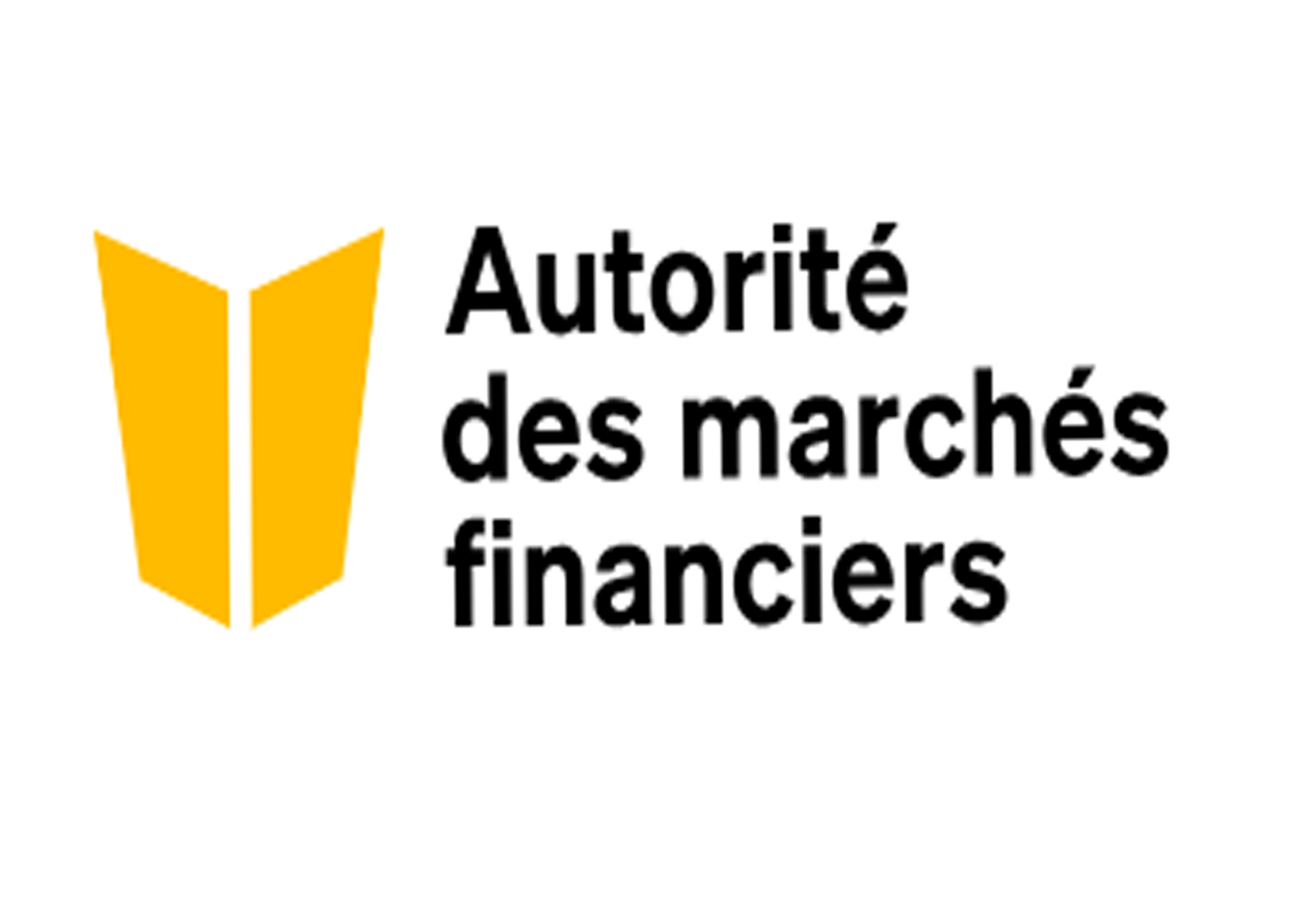
With February 2025 the thirteenth Index Release, the Institute’s Financial Resilience Index Model complements the national Financial Well-Being Studies instrument and the Financial Well-Being Index Model instruments. Access this resource to read the...
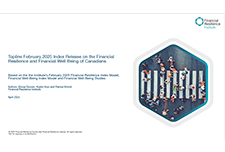
This report explores the barriers newcomers face in accessing credit, and opportunities for governments, financial institutions, settlement agencies, fintech, investors and funders, and community organizations to better respond to this growing segment of the...
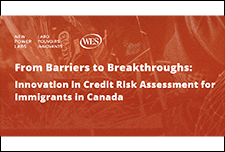
Scams come in many forms—whether it is a suspicious text, a phishing email, an unexpected phone call, or a fake website. Scammers are always coming up with new ways to trick people, but you can protect yourself by staying alert. If you ever suspect you have been targeted by a scam, it is...

What do we know about the millions of people working in Canada’s nonprofit sector? This report by Imagine Canada provides a detailed profile of these workers, including demographic and salary information, and uncovers how the nonprofit workforce differs significantly from the broader Canadian...
